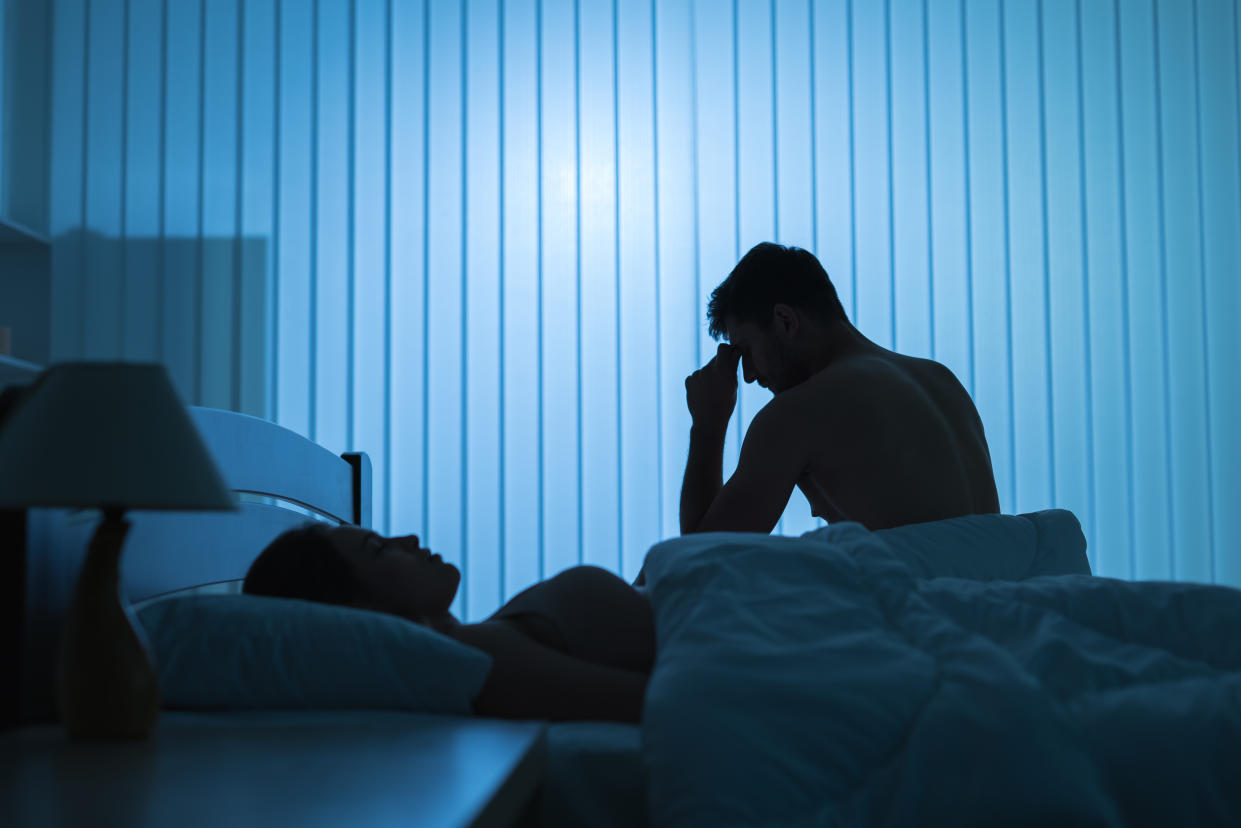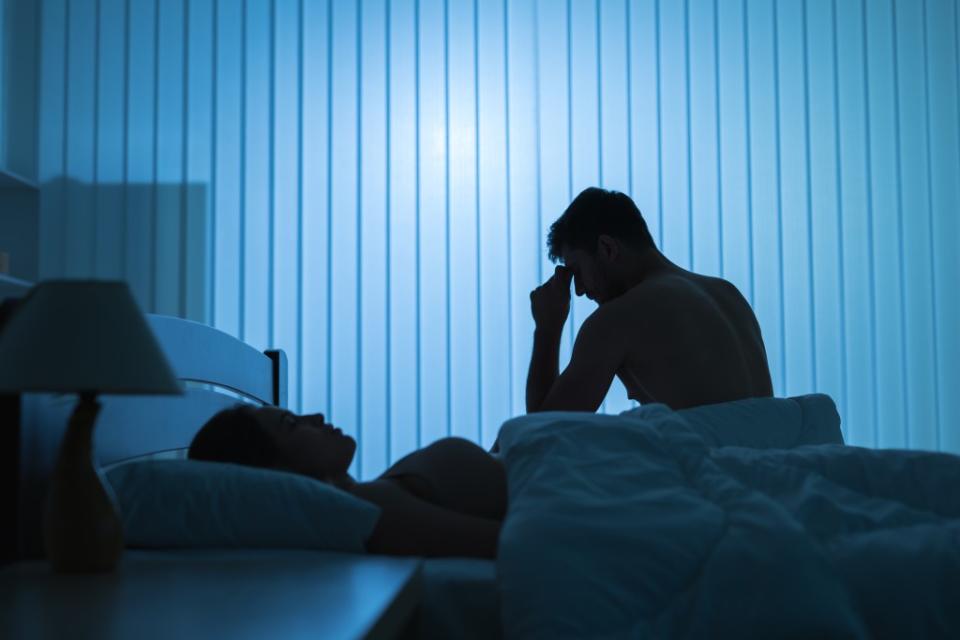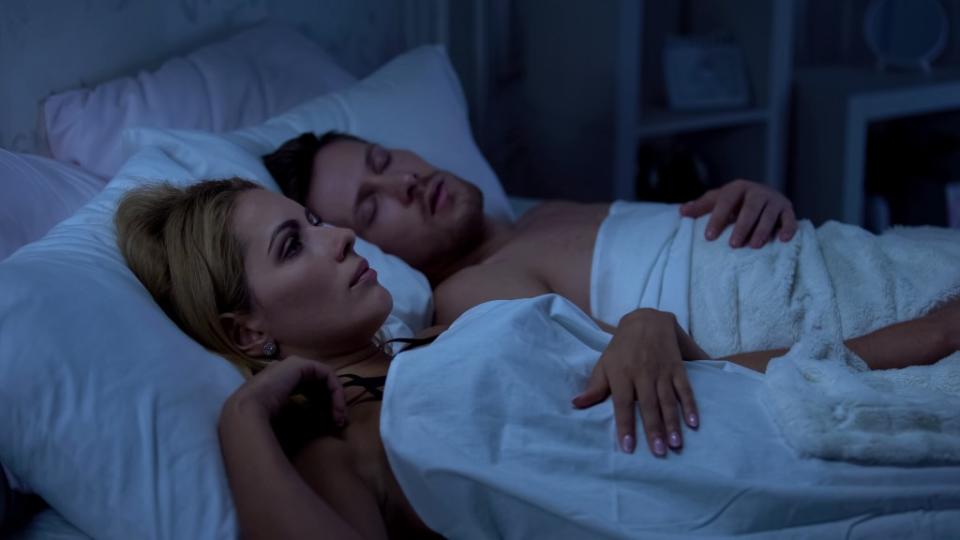What is ‘sexsomnia’? Here’s what happens with this ‘dangerous’ sex sleep disorder

It’s more than a sex dream.
Sexsomnia, or sleep sex, is a rare but real sleep disorder that causes people to engage in sexual behaviors including dirty talk, masturbating and sex all while asleep.
The condition is part of a category of sleep disorders called parasomnias — that include sleepwalking, sleep talking, sleep eating and sleep terrors — which occur when the brain is not in a dream state.

“These are disorders of arousal,” Dr. Carlos Schenck, a professor and senior staff psychiatrist at the Hennepin County Medical Center at the University of Minnesota told CNN.
“They most often occur during the slowest, deepest stage of sleep, called delta sleep. It’s like an alarm or trigger goes off in the central nervous system, and you go from your basement to your roof in no time flat.”
A study of 1,000 people found that just over 7% of people experienced sexsomnia at least once in their lives and almost 3% were currently living with the condition.
However, it’s very difficult to study as because most people have no recollection of their actions and only become aware of the issue when they injure themselves or are made aware by their partner.
“Your cognition is deeply asleep, and you’re not with the program, but your body is activated,” Schenck said. “That’s dangerous because then you start walking and running and doing all sorts of things without your mind being awake.”
“What is really disconcerting to these patients is they have total amnesia. It’s the bed partner or family member telling them, ‘You did this, why did you do that?’ and then the patient says, ‘I don’t remember anything.’ So they are really embarrassed, full of shame, very apologetic and totally miserable.”
While some couples engage in consenting sex started during an episode of sexsomnia, the condition can lead to legal charges as some people have been charged with rape after citing the disorder as a legal defense.
“There certainly can be legal consequences from the sexual behaviors, particularly with minors, and also with aggressive behaviors during sleep,” Schenck said.
There is still a lot about sexsomnia that experts don’t understand but it is believed to be genetic.

“We don’t know the ultimate cause, but there is a genetic component,” Schenck said. “If you have at least one first-degree family relative with a parasomnia, you are more likely to develop one. Then the more first- or second-degree relatives that have a parasomnia, the more likely the condition may persist into adulthood or reoccur.”
People are also more likely to experience sexsomnia if they already suffer from another parasomnia disorder. It is also more commonly diagnosed among men.
Medications such as clonazepam can treat the condition along with behavioral changes such as reducing stress and anxiety and practicing healthy sleeping habits.


